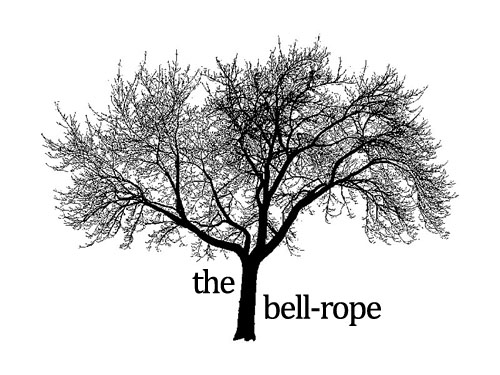Tonight, I was convinced of the separateness of art, thinking about art, and life, and their mutual irrelevance. Maybe I shouldn't say "convinced," though, since there is an air of fatality about the word. (The Germans have it right with "überzeugt," which carries a dimension of excess and over-doing, and reminds me of a happy German accident. I received an e-mail a few days ago from a Québecois whose signature bore the following quote: "Il n'y a qu'un seul endroit où le mot "succès" vient avant le mot "travail"; c'est dans le dictionnaire." The same is true in English, where success comes before work, but not for the Germans, for whom Arbeit - even in the dictionary - comes before all.) In fact, as convinced as I am tonight of this one fact, I am also convinced of another: that one day I will know the opposite to be true, I will come to be certain about the harmony of all those parts that now appear to me as unrelated children. But that's another day. We need to court extremes to make sense of things, and for tonight, this one feels right.
How did this come about? I saw a show today that resisted my efforts to think at it. Yes, at it - because I now see (or am now convinced of something I've suspected for a while) that thinking about art is inimical to art; when we think about art, we are actually thinking about thinking, and art is left alone. To pretend that we can figure anything out about how art works on us is dangerous and potentially blinding (maybe because art introduces things that resist sense into our organized worlds). I saw Anne Michaels at a panel the other day, and scribbled something she said hastily onto the back of my programme, which was roughly: To know something you have to feel it in the body. All knowledge, to be absorbed, must have an emotional dimension. This, aside from being transcendently wise, is also liberating; it allows us to feel things and not have to give an explanation. So back to today: I felt strong emotional reactions to things that made seemingly little sense, and when I came instinctively to that bubble of experience with sharp tools of thought, I found that I could not bring myself to do it. I am sure that thought would have been richly rewarded today, if my tools were up to the task; but instead, for better or for worse, I chose to ride the subway in a suspended state, the bubble left intact.
Understand, I felt such a strong compulsion to make sense of what I saw. That is a hazard of my trade, and for a few moments I wondered if the best professions might not be those that exercise the body and not the mind, like house-building or field-plowing. I wanted to push Experience through my alchemist's apparatus and come out with Insight; but I realized that, no matter what insight I arrived at, I could not preserve or alter the emotional reaction I felt - only, at best, create a new, separate experience. At that moment art and criticism felt very far from each other, and art and life even more distant.
Normally I retreat after live events into myself, shield myself with my thoughts from the chatter that sprouts from eager, art-addled mouths. To tell the truth, I use art to block life. But tonight art erased itself, and thought went with it, so that only life was left humming in the people and the floors of the subway. I was alone. And I thought of the Stanley Cavell quote that sits at the top of this blog, and inverted it in my mind: Art separates people. But it also brings them together.

No comments:
Post a Comment